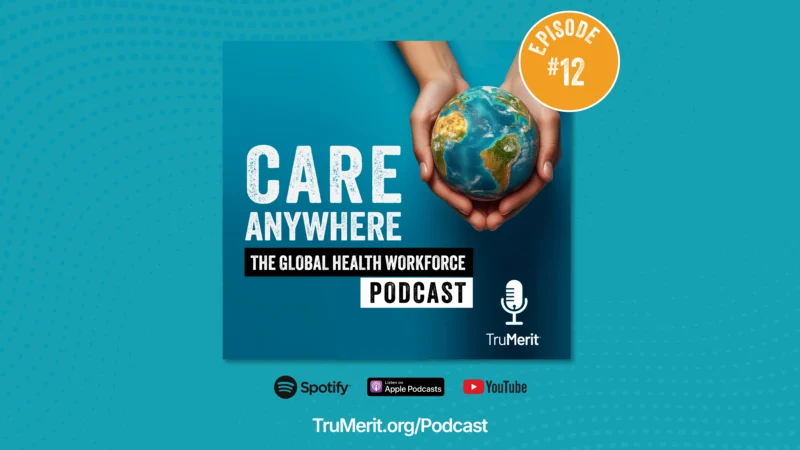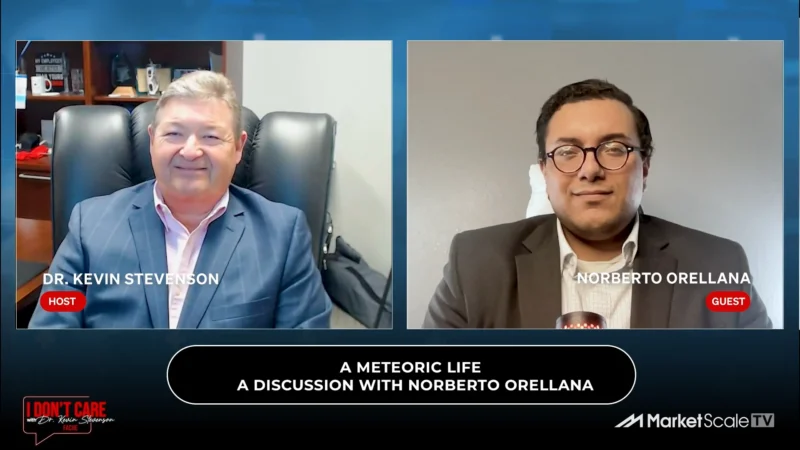Rani Therapeutics & Highway to Health
On December 3, 1967, Dr. Christiaan Barnard completed the first human heart transplant. At the time, it seemed incredible—and it is—but today, we hardly bat an eye at a heart transplant because of how rapidly the healthcare and biotech fields are coming out with innovative surgeries, technologies, and therapies.
What does the biotech industry look like today and what are some of the new therapeutic options under development?
On today’s episode of Highway to Health, Host David Kemp speaks with Tilat Imran, CEO of Rani Therapeutics, to discuss the current and future state of the biotech industry and how Rani’s new “injection” pill works and what are its potential applications.
Imran discussed how although biotech developments seem to develop slowly, we are in a golden age. The global biotechnology market is anticipated to grow at a compound annual growth rate (CAGR) of 13.9 percent between 2022 and 2030, according to Grand View Research.
“I want to challenge that perception that things are taking too long…I think we live in a golden age of healthcare and biotech. I think we’ll look back 50, 70 years from now and many of us will be alive because of technologies and innovations that are happening right now. And looking at this time and saying, ‘Wow, the pace of innovation, the rate of change went up so dramatically,’” stated Imran.
Kemp and Imran also discussed…
- The challenges Rani Therapeutics anticipates and where they are in their journey
- The dissolvable injectable pain-free capsule Rani Therapeutics has developed and current health afflictions it can address
- What may be available in 5 to 10 years for treatment of chronic diseases in the biotech market
Imran provided examples of all the applications of the Rani capsule. “There’s so many places you can take this. Cardiometabolic disease, diabetes, as you mentioned. All the immunology, autoimmune diseases because biologics are being used everywhere now. So, psoriasis, rheumatoid arthritis, Crohn’s disease, osteoporosis…eventually, we want to do work in oncology. There’s a real potential there, we think, to use Rani pills with more frequent dosing to perhaps get better efficacy out of the same drugs that are being given more infrequently now.”
Imran is CEO of Rani Therapeutics and has previously worked for VentureHealth, InCube Labs, Venture Web Partners, The Angels’ Forum, and Tilat Imran Consulting. Imran studied Commercial Music and Computer Science at Foothill College as well as Computer Science at the University of California, Santa Cruz. He is a skilled healthcare-focused executive.




